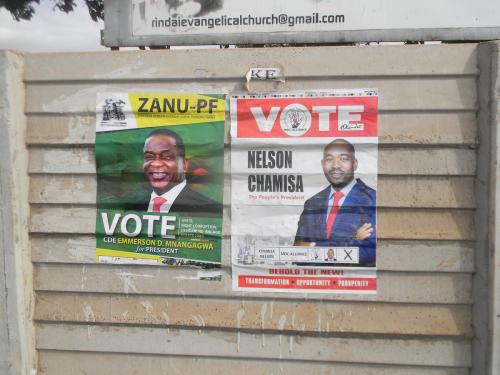Apply the old standards of Kremlinology to Vladimir Putin’s fascinating op-ed in the New York Times, and you are almost certain to catch a phrase here and there about the spreading of Islamic fanaticism from Syria to other parts of the Middle East and beyond, and to wonder whether the Russian leader, who adores basking in the global limelight, might have been hinting at one of his deepest fears—that the Islamic fanaticism that appears to be growing in the Syrian opposition may one day spread to such restless parts of southern Russia as Chechnya and Dagestan, and inspire local Islamic radicals to launch a jihad of their own against Moscow’s brutal crackdown on their religious and political aspirations.
Russians, including Putin, have lived with this nightmare for a long time. Many believe that one day they will suffer a 9/11 of their own—that an Islamist radical born in Chechnya, attracted to the anti-Assad insurrection in Syria, trained there to use the most modern weapons of terrorist warfare, might one day return to Chechnya and, after conspiring with other Chechens with similar experience, decide to carry their struggle into Russian cities. They remember when radicals seized a school in Beslam, an act of terrorism that prompted Russian police and troops to surround the school and attack and kill not only the terrorists but many children as well. They also remember when terrorists commandeered a theater in Moscow and defiantly resisted police demands for their surrender; and when they refused, the police, using gas, smashed into the theater and killed the terrorists and, unfortunately, many innocent bystanders. Even if there have not been many other such incidents, the Russians have become spooked by fears that such incidents are unavoidable and imminent and if allowed to sink frightening roots into the Russian psyche will change forever the nature and habits of normal Russian life. Any leader who takes a strong stand against Islamist radicalism in Russia will win many votes and attract a deep and passionate base of domestic support. When Putin first took power, he sent an army into Chechnya to crush a nationalist insurrection and to install a loyal puppet regime which is still in power—something tsars did routinely if not always successfully a few hundred years before.
Interestingly, in the early parts of the 19th century, writers such as Pushkin and Tolstoy wrote about the bloody rebellions in the northern Caucasus against tsarist rule. That day’s version of religious radicals, all powerfully committed to their Islamic faith, would rise up against their intruding and insensitive Russian overlords. All too often a charismatic politician would suddenly appear, an angry band of warriors behind him, all of them armed with frightening scimitars, and they would attack Russian outposts, alarming soldiers and their families. Generations of Russians have been raised on these stories. Even to this day, in Russian schools, some of the most interesting tales of yesteryear are those from Russian struggles in the Caucasus in the early 19th century, how some Russian soldiers prevailed, and others died, only to become indelible characters in a Pushkin poem.
When we ponder the roots of Putin’s motivation in the Syrian civil war, we must bear in mind certain basics: he is a Russian nationalist, and he worries, more than anything else, about Russian security. No doubt, he glories in the glare of TV cameras and loves the company he is keeping on the Times op-ed page, and no doubt he relishes the new excitement of Russia returning once again to the middle of global politics and diplomacy (certainly one of his biggest accomplishments). However, the threat of American bombers flying over Damascus and cruise missiles striking from American warships in the eastern Mediterranean have tightened Putin’s focus on Russian national interests. Deep within those interests is his profound concern that the insurrection in Syria might soon spill over the borders of the Middle East into southern Russia and introduce a fresh wave of Islamist fervor and fanaticism that he, as Russia’s leader, wants no part of.
The Brookings Institution is committed to quality, independence, and impact.
We are supported by a diverse array of funders. In line with our values and policies, each Brookings publication represents the sole views of its author(s).



Commentary
Syria and Russia: What’s Putin Up to?
September 13, 2013